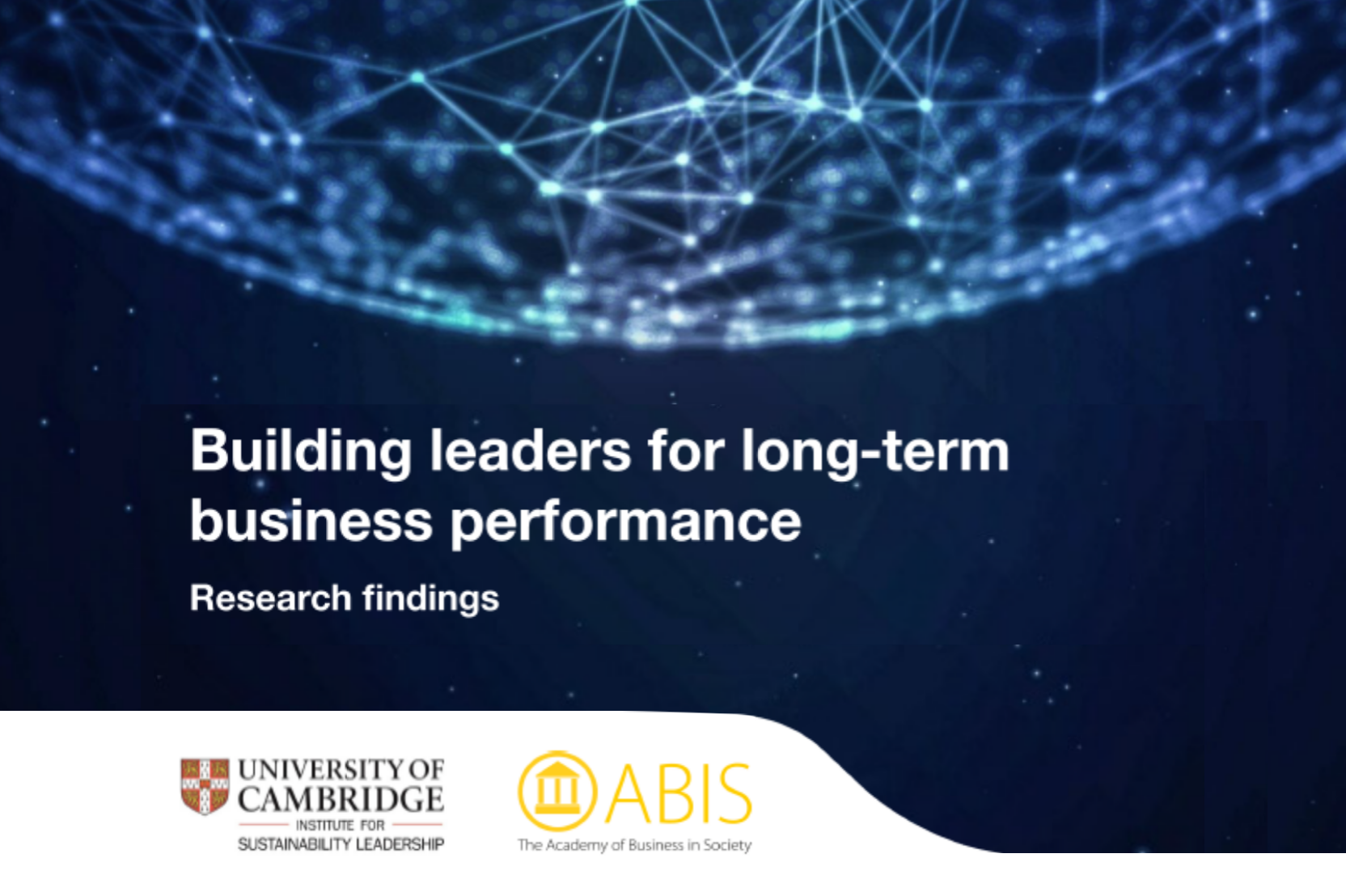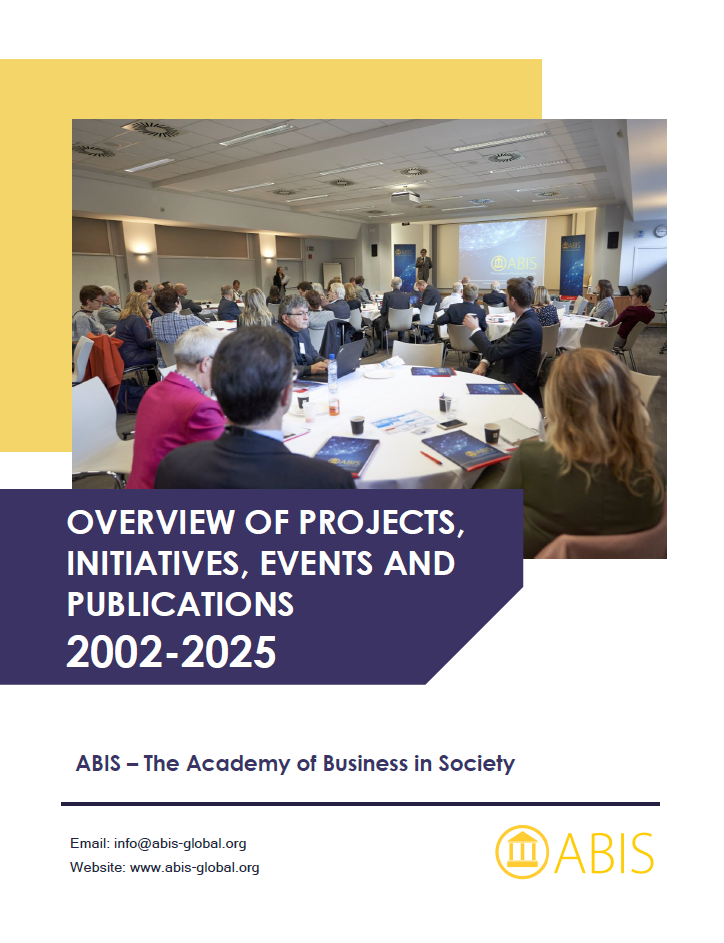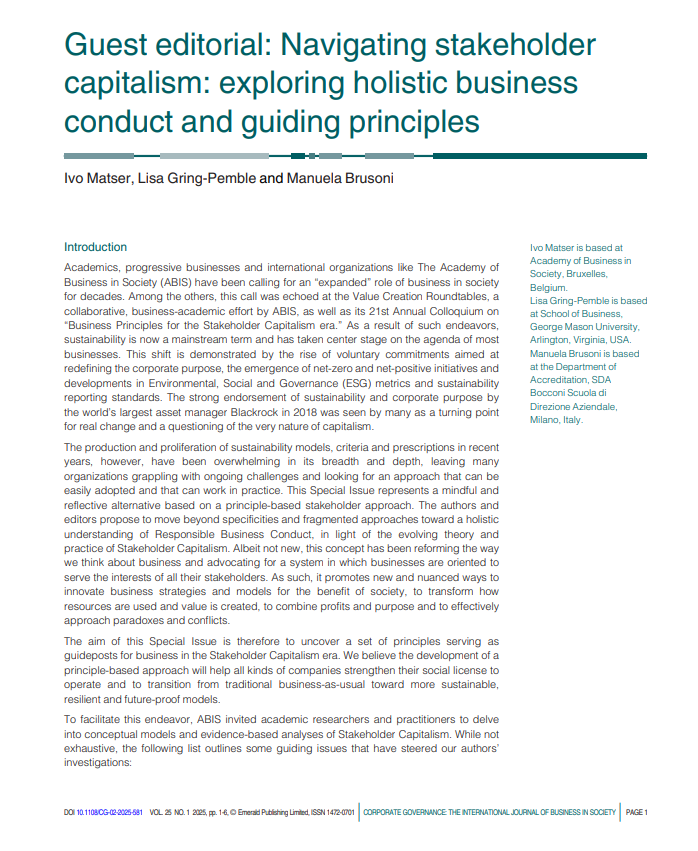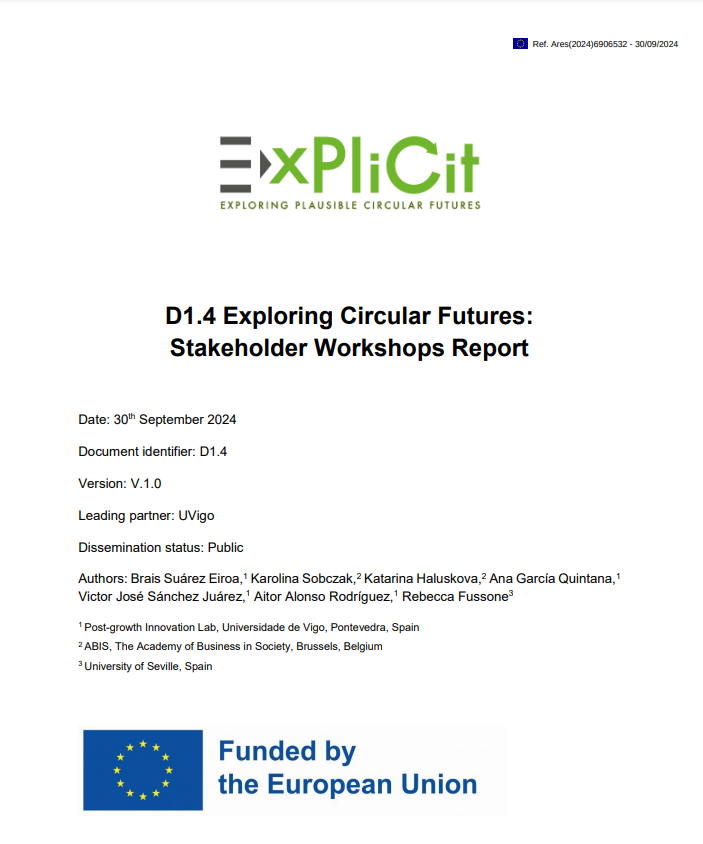
Building Leaders for Long-Term Business Performance
“Many businesses are recognising the need to respond to and, where possible, shape the changing context in which they operate. Yet at the same time they are not systematically equipping their people do so” - Dame Polly Courtice, Former Director of CISL
“At Unilever, we recognise that we need new profiles from our talent pipeline to lead sustainable business transformation in a rapidly changing global context. However, we have significant challenges in finding, recruiting and developing the people that we seek” - Doug Baillie, Ex CHRO, Unilever & Advisory Board Chair, ABIS
Building Leaders for Long-Term Business Performance is an ambitious inquiry developed throughout 2017 by the University of Cambridge Institute for Sustainability Leadership (CISL) in partnership with the Academy of Business in Society (ABIS). It aimed to deepen the understanding of how multinational companies have been defining and developing their leadership and talent pipelines in order to thrive in an increasingly complex business environment, while simultaneously contributing to long-term social, environmental and economic goals.
The project explored the need to rethink and reformulate current leadership paradigms, given deep anxieties around climate change, natural resource systems, political upheaval and social stability. In January 2017, the WEF’s Business and Sustainable Development Commission issued its flagship report, mapping out the economic incentives and imperatives for business transformation in line with the UN Sustainable Development Goals (SDGs). The Forum also saw the launch of a new Compact for Responsive and Responsible Leadership, calling for CEOs, Boards of Directors, leading investors and asset managers to create a corporate governance framework with a focus on the long-term sustainability of corporations and on societal ambitions beyond profit maximization.
The implications of these sustainability changes are profound, posing significant questions to the nature of future business growth. However they are also opening new opportunities. The circular economy, for instance, can offer huge scope for business innovation and new models of value creation. Research estimates that the waste dimension alone in a global circular economy represents a US$ 4.5 trillion market opportunity to 2030.
Findings
The project's outcomes have been published in a final report, identified that:
- Businesses that have developed an organisational response to sustainability have realised tangible benefits in terms of employee engagement, talent attraction and retention, new approaches to innovation and support with brand and reputation.
- In many cases, organisations are missing opportunities from sustainability - employees at all levels do not possess the knowledge and capabilities to yield these benefits, largely because the connection between the sustainability, HR and learning teams is often not strong enough.
- Boards play an important role in catalysing activity on sustainability, yet in many instances, individuals lack adequate related knowledge in order to effectively steer the organisation.
- For all the talk about millennials in shaping organisational culture and prioritising ‘purpose over paychecks’, the new generation of employees is not coming through in large enough numbers to significantly inform organisational strategy.
- It is challenging for employees to reconcile short-term business needs with long-term positioning. This is amplified by an increasing rate of change, as well as the focus of organisational systems (eg bonuses, reporting cycles) that promote short-term behaviour.
Building leaders for long-term business performance closes with specific recommendations for members of HR, L&D and sustainability teams to deliver sustainable business.

Citing the report
Please refer to this business briefing as: University of Cambridge Institute for Sustainability Leadership (CISL). (2017). Building leaders for long-term business performance: Research findings. Cambridge, UK: the Cambridge Institute for Sustainability Leadership.
Building Leaders for Long-Term Business Performance



